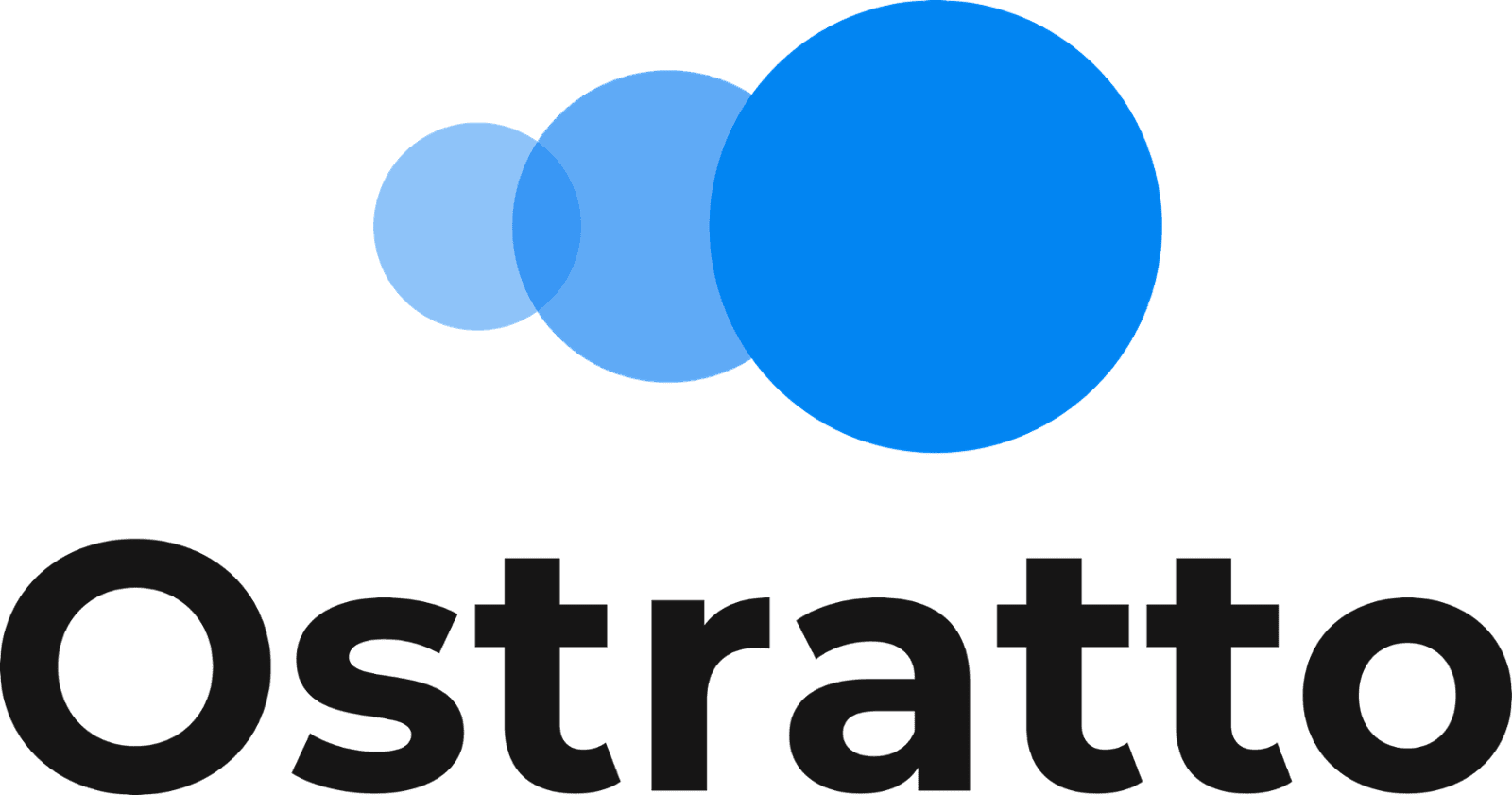How does it work?

Pros and Cons of Voice over IP
- Remote work friendly. Employees can work from any location thanks to VoIP. They can connect in from any computer, use any IP phone, and telecommute instead of creating a new satellite offices and adopting costs such as paying rent and utilities.
- Cost. Calls using VoIP are often packaged in bundles providing unlimited (and sometimes internationally) minutes. With no physical PBX equipment costs and often no physical handset costs, the entry cost is minimal. Perfect for small businesses.
- Quality. VoIP uses wideband codecs, which have a larger audio bit depths and so provide better voice quality. Narrowband codecs are used in traditional phone line networks, which generally result in lower-quality calls.
- Feature-rich. VoIP, with its sophisticated capabilities like auto attendant and call transferring, allows even a one-person team to present the appearance of a larger organisation.
- Availability. One distinguished aspect of a cloud-based VoIP service is the advanced availability offered by the cloud. Not only can you generally expect the likes of 99.999% uptime, redundancy features such as emergency forwarding to mobile phone numbers are often baked-in. This means users missing calls becomes a problem of the past.
- Internet-dependant. The quality and dependability of your sound will be determined by your internet connection and network settings. You must rely on an internet service for VoIP communication, whereas traditional PBX systems use the PBX network. Should the internet connection go down in an office or satellite location, calls cannot be received by users. Data service is required on the go too.
- Recurring cost. For as long as a cloud-based VoIP system is required, a monthly or annual cost will always need to be paid, and this is usually user-based licencing. As the business grows, so do the costs of the phone system whereas traditional systems can expand at a lower cost. That being said, many VoIP vendors have overcome this by offering volume pricing. And over the long run all businesses will see a cost saving.
- Latency and jitter can be an issue. Jitter and latency are other call quality issues you may experience with your cloud-based phone calls. It’s just a natural function of wireless networks. Between your internal network, ISP, and VoIP service provider there are many servers in between which data needs to travel through. Jitter can result in choppy audio or calls that are delayed or dropped. The variance in ping responses that measures jitter. Latency can result in callers experiencing a brief delay or echo in a conversation. In most cases, it’s not noticeable, but in severe circumstances, it can be problematic.
Features that can be expected
- Auto-attendant/receptionist. An automated attendant is a top feature for companies. Using call routing rules, this functionality answers all incoming calls and forwards them to the appropriate extension.
- Call Queuing. A call queuing tool will assist you in queuing your customers’ phone calls. You can often also set up notifications to remind your callers your callers of their turn and the wait time.
- Call Recording/Monitoring. These two great features can empower your business by checking the consistency of your customer service on calls and limiting the deterioration of your company’s efficiency. They can also be used in a legal setting as evidence of claims.
- Voicemail/call forwarding. Because often smaller businesses can't be available all hours of a day, there will be times when a call can't be answered. Call forwarding is a common corporate telephony tool that ensures that your customers’ calls are never missed. Inbound calls can be diverted to another extension, phone number, or a voicemail function.
- Conferencing. Conference calls are ideal for remote teams because they allow them to collaborate even when they are physically apart. Some managers and owners may organise this sort of call on a frequent basis, whether it's keeping teams updated or checking in with customers.
- Data analytics. VoIP Data Analytics are a sophisticated data report framework, generally included with most VoIP phone systems. It is useful for businesses that deal with a variety of outgoing and incoming clients calls on a regular basis. Informations such as missed calls and overall wait times help improve customer service quality.
- Business Tool Integrations. In our opinion, one of the top VoIP benefits is the ability to connect data with external business tools such as ticketing systems or email, keeping conversation records consolidated and teams connected. These integrations are very useful for remote teams. Many modern business phone networks integrate with Customer Relationship Management (CRM) programmes such as Zoho CRM. This guarantees that all transcripts of interactions are connected, forming a wealth of information. Sales app integration is a one-of-a-kind solution that enables users to automate their sales funnel, get closer to prospects, and complete more transactions. Sweet!

